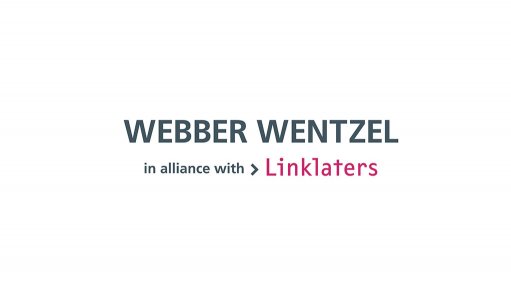
Greenwashing is the act of misleading the public about an organisation's environmental or sustainability practices or deceiving the public about how eco- (and ESG-) friendly a product or practice is
Environmental or sustainability claims have been “greenwashed” if they are vague, false, omit important information or are misleading or deceptive. Greenwashing is a way to convince the public, such as customers, investors, or regulators, that an organisation, whether a juristic person or the government, is making positive environmental or sustainability choices when this is not the case. This is often done through the use of eco-conscious buzz words such as "environmentally friendly", "reduced footprint", "green" and "sustainable" in an effort to convince the public that the relevant product or practice is more natural, wholesome, or free of toxins than that of competitors, or that the organisation involved is doing more for the environment or sustainability than it actually is.
The need to combat greenwashing came under the spotlight at the United Nations COP26 summit in November 2021, when it was highlighted that countries around the world are likely to see an increase in action being taken against organisations who greenwash. This is an additional area of potential risk that organisations are exposed to as they undertake their sustainability journeys.
Perhaps the best-known example of greenwashing is "Dieselgate", the 2015 emissions scandal which resulted in action being taken against Volkswagen in several countries after it installed emissions-cheating devices in its vehicles. In 2022, several greenwashing cases have come to light which emphasise that organisations are increasingly facing risks because of greenwashing. These risks do not only arise in the environmental context. Companies may face claims as a result of greenwashing social and governance practices, too. For instance:
- In January 2022, the UK Advertising Standards Authority banned adverts by Oatly, the Swedish oat milk company, after it was found to have overstated claims about its environmental impact;
- On 31 May 2022, German prosecutors raided asset manager DWS and its majority shareholder Deutsche Bank following allegations of greenwashing. A whistleblower had claimed that DWS misled investors about ESG investments;
- In June 2022 it was reported that Japan's financial regulator intends to introduce measures, such as disclosure requirements, to oversee ESG products and curb greenwashing;
- In early July 2022, it was reported that litigation has been instituted against Dutch airline KLM for alleged greenwashing in that the adverts promoting its sustainability initiatives are misleading; and
- In early July 2022, HSBC's global head of responsible investing, Stuart Kirk, resigned. He had been suspended in May 2022 after giving a presentation where he said that climate change was not a financial risk that should concern investors.
South Africa currently has no laws or guidelines in force against greenwashing. Recent events have shown, however, that a shift in accountability standards is under way. For example, the JSE released its Sustainability and Disclosure Guidance in June 2022. Its aim is to assist listed companies with their ESG reporting by enabling more useful, consistent, and comparable sustainability disclosure to inform better decision-making and action. The guideline draws from and is aligned with international initiatives on sustainability and climate change disclosure. It guides organisations on what and how they should be reporting in line with international trends. Although the guideline states that it does not constitute disclosure or reporting obligations pursuant to that of the JSE Listings Requirements – and therefore non-compliance does not amount to a breach – its release is an indication of what the public expects from organisations in terms of environmental and sustainability reporting. It is in this context that the risk of greenwashing becomes apparent. The public wants organisations to do more for the environment and sustainability, but to do so honestly.
The South African public, like the rest of the world, has become hyper-vigilant about sustainability. Most of us have refused a plastic straw or swiftly placed an animal-tested product back on the shelf. As sustainability concerns grow, so does our desire to hold organisations to account, particularly if they are dishonest about their own sustainability practices.
Greenwashing may lead South African companies to face civil liability claims before the courts, criminal complaints, or a wide range of other regulatory complaints if their greenwashing is considered, for example, to amount to a breach of reporting standards, constitute false advertising, violate consumer protection laws, amount to unfair competition or constitute a breached of data privacy laws. The risks do not end there. It is possible that directors of companies will face personal consequences for failing to act in good faith or in the best interests of the company concerned. In the age of social media, it is probable that any allegations of greenwashing will receive local (and even international) airtime, also creating reputational risks for the organisation involved.
Over the course of the next few months, we will be unpacking greenwashing risks in these contexts and highlighting the trends we are seeing in different sectors of the economy.
The message is clear: people are watching, and they demand accountability. The only way to avoid landing in hot water is to ensure that ESG reporting, and any environmental or sustainability-related statements made by an organisation, are accurate and supported by objective and verifiable evidence.
Written by Merlita Kennedy, Partner, Pooja Dela, Partner, Ziyanda Sibeko, Senior Associate, Bernadette Lötter, Senior Associate, Jared Ishmael, Associate & Tobia Serongoane, Associate from Webber Wentzel